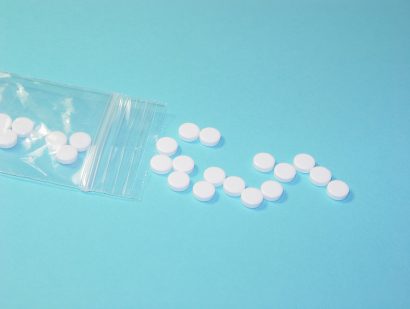- Find A Medical Provider
- Auto Injuries
- Common Injuries
- Medical/Pharmaceutical
- Types of Medical Injuries
- Malpractice Injuries
- Drug and Medical Device Injuries
- Drugs and Devices Linked to Cancer
- Opioid Addiction
- Drugs and Devices Known to Cause Injury
- 3M Combat Arms Earplugs – Hearing Loss
- Accutane
- Aciphex
- Actonel
- Actos
- Adderall and Ritalin
- Advair
- Aldara (Imiquimod)
- Alli
- Ambien
- Amiodarone
- Anzemet
- Aptivus
- Aranesp
- Arava
- Atorvastatin
- Avandia
- Benicar
- Birth Control Medication
- Blood Thinners
- Essure
- Fosamax (Alendronate Sodium)
- Gadolinium-Based MRI Contrast Agents
- Granuflo
- Hernia or Surgical Mesh Injuries
- Hydroxycut
- Inferior Vena Cava Filters
- Invokana Toe and Foot Amputations
- Ketek
- Levaquin
- Lipitor
- Mirapex
- Neurontin
- Onglyza
- Over-the-Counter Medications
- OxyContin
- Paxil
- Power Morcellators
- Pradaxa
- Propecia
- Reglan
- Talc Powder
- Trasylol
- Valsartan
- Viagra
- Xolair
- Zelnorm
- Zoloft
- Work Injuries
- Sports Injuries
- Marketing Services
- Blog
List your practice on InjuredCare | Log in / Sign up
Benicar

Benicar, Azor, and Tribenzor are brand names for the generic blood pressure medication olmesartan medoxomil. Olmesartan was approved by the FDA in April of 2002 to treat high blood pressure, or hypertension. Benicar belongs to the family of pharmaceuticals known as angiotensin-receptor blockers (or ARBs). ARBs reduce the risk of hypertension by working to keep blood vessels full and relaxed, which allows blood to flow naturally throughout the body. This reduces the risk of heart attack, stroke, heart failure, aneurysms, vision loss, kidney damage, diabetes, cognition issues, and dementia.
Due to its role in treating high blood pressure, the FDA deemed the benefits of Benicar to outweigh its adverse effects. However, in 2014 the FDA administered a warning and required label changes to include information on the risk of intestinal problems.
Adverse effects of Benicar
While rare, the negative effects of Benicar can be severe. Sprue-like enteropathy, or drug induced enteropathy, can occur in Benicar patients due to intestinal damage. The symptoms of sprue-like enteropathy closely mirror the symptoms of celiac disease.
In addition to these serious side effects, Benicar patients more commonly experience mild side effects, including dizziness, headache, fatigue, nausea, and bloating.
Benicar lawsuits settled for $300 million to nearly 2,000 plaintiffs
Between Benicar's initial FDA approval in 2002 and the updated warning the FDA required in 2014, patients taking Benicar were unknowingly exposed to risk of a severe and life-altering gastrointestinal disease, sprue-like enteropathy.
In August 2017, Benicar's manufacturer, Daiichi Sankyo Inc., paid out a $300 million settlement to nearly 2,000 patients who suffered sprue-like enteropathy or other gastrointestinal issues while taking the drug. Daiichi also was required to pay the US government $39 million in a whistleblower case that revealed the company provided illegal kickbacks to doctors in exchange for prescribing Benicar.









